Turkish criminal law faces scrutiny as a man brutally kills two women
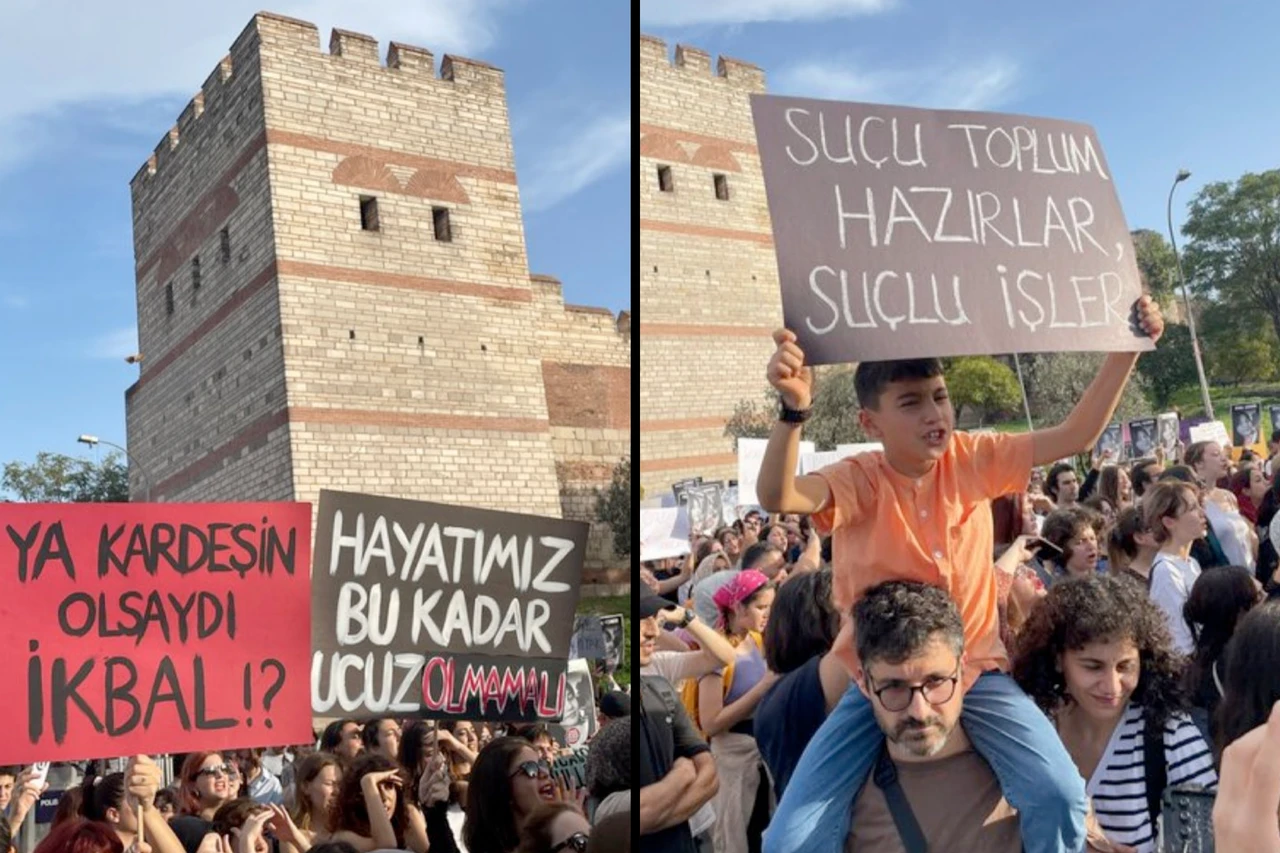 Protesters gather in front of the Edirnekapi city walls in Istanbul following the brutal murders of Aysenur Halil and Ikbal Uzuner.
Signs read: 'What if your sister was Ikbal?!' and 'Our lives shouldn't be this cheap!' while another sign held by a young boy reads 'Society creates the crime, the criminal commits it,' Türkiye, October 5, 2024. (Photo created with Canva)
Protesters gather in front of the Edirnekapi city walls in Istanbul following the brutal murders of Aysenur Halil and Ikbal Uzuner.
Signs read: 'What if your sister was Ikbal?!' and 'Our lives shouldn't be this cheap!' while another sign held by a young boy reads 'Society creates the crime, the criminal commits it,' Türkiye, October 5, 2024. (Photo created with Canva)
On October 4, 2024, Istanbul was shaken by a horrific incident where 19-year-old Semih Celik brutally murdered two women within half an hour before taking his own life.
The victims of violence against women, Aysenur Halil and Ikbal Uzuner, both 19 years old, were killed in the Eyupsultan and Fatih districts, respectively.
What happened:
- Semih Celik first went to Aysenur Halil’s home in Eyupsultan around 3:30 p.m., where he killed her by slitting her throat.
- Shortly after, he met with Ikbal Uzuner near the historic Edirnekapi city walls in Fatih. There, he decapitated Uzuner, dismembered her body, and threw her severed head in front of her mother.
- Earlier that day, Uzuner’s mother had received a phone call from an unknown man who had answered Ikbal’s phone. The man reassured her, saying, “Your daughter is in safe hands.”
- The 19-year-old’s mother received another call, which directed her to come to the Edirnekapi area, claiming her daughter’s phone had fallen from the city walls. When she arrived, hoping to retrieve the phone, she was met with the horrifying sight of her daughter’s severed head being thrown from the walls, shattering her worst fears.
As of early October 2024, a total of 292 women have become victims of male violence in Türkiye, according to the digital platform which aims to serve as a memorial to those victims antisayac.com.
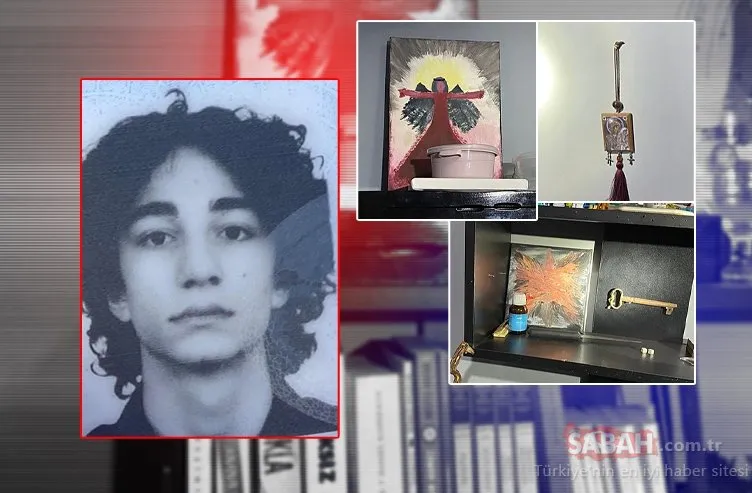
Killer Semih Celik’s history of psychological issues, disturbing drawings
Authorities revealed that Celik had a history of psychological problems and had been hospitalized five times over the past year due to mental health issues.
His father confirmed his son’s struggles, stating in his police statement: “When I entered his room, I saw drawings that resembled satanic figures. When I asked him about them, he said, ‘You wouldn’t understand. Our (generations’) ways of thinking are different.'”
Police searching Celik’s residence found a notebook containing disturbing charcoal drawings of dismembered human figures, eerily resembling how he committed the murders.
Celik had three prior criminal records and worked as a butcher. He had also attempted suicide before and was reported missing twice. His father, Adem Celik, mentioned that Semih had previously received treatment at Bakirkoy Mazhar Osman Mental Health Hospital, Eyup Mental Health Center and Cerrahpasa Mental Health Hospital.
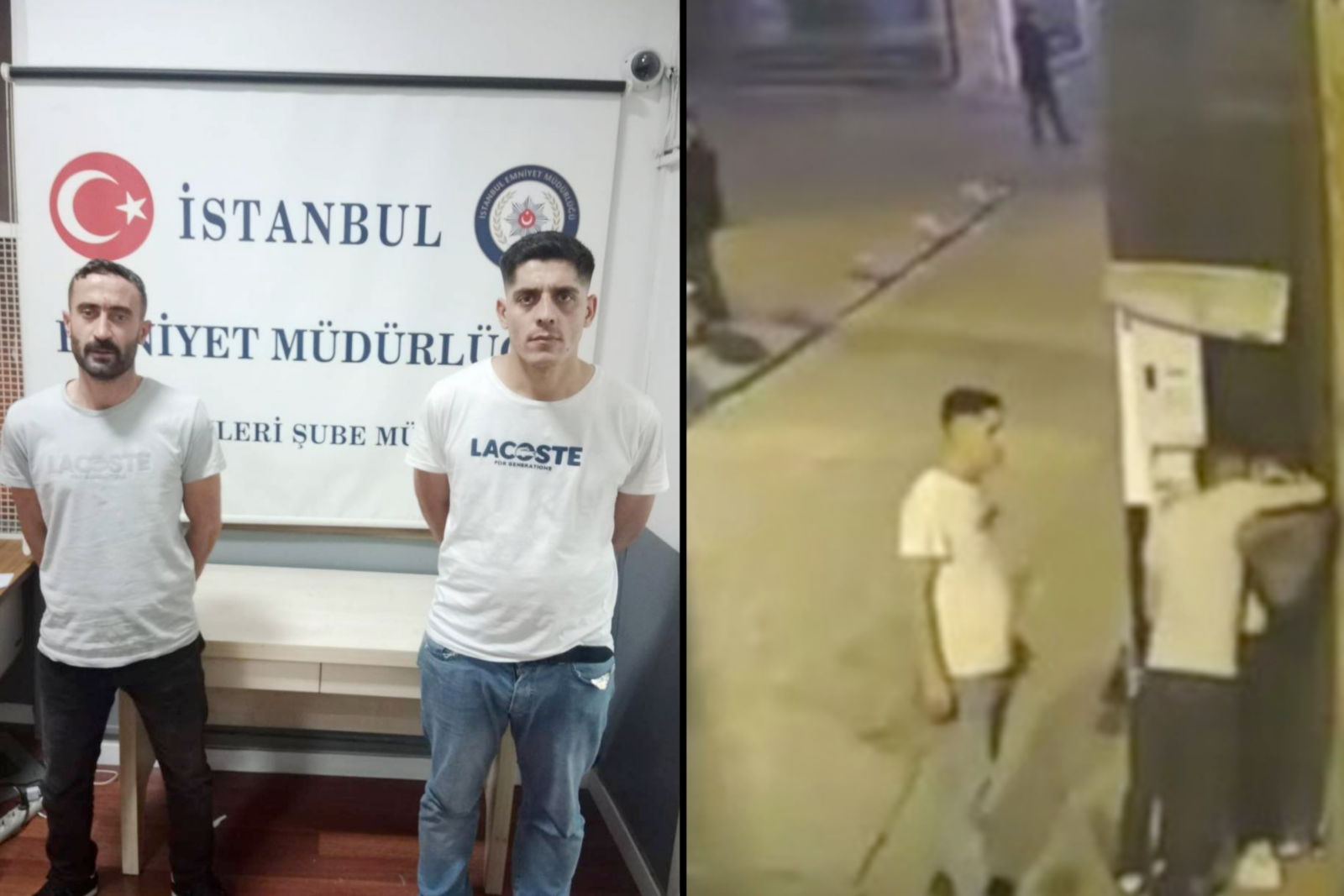
Beyoglu sexual assault incident raises concerns over Turkush criminal law
In a related incident highlighting issues within law enforcement regarding violence against women, two men sexually assaulted a woman in the Beyoglu district of Istanbul on Sept. 24
Surveillance cameras captured Semir T.,31, and Omer K., 27, as they followed a 25-year-old woman, cornered her against a wall, and assaulted her. Passersby intervened upon hearing her screams, and police initially detained the suspects.
Despite having prior criminal records – including charges of sexual assault, theft and drug offenses – the suspects were released after the victim chose not to file a complaint.
It was only after surveillance footage went viral on social media, sparking public outrage and protests by women’s rights activists, that authorities re-arrested the men. Both suspects have since been charged with “sexual assault” and “depriving a person of their liberty” and were taken into custody.
Women’s rights organizations criticized the initial release of the suspects as a glaring example of systemic failures in protecting women. They argued that the incident shows a pattern where law enforcement does not take violence against women seriously unless there is significant public pressure.
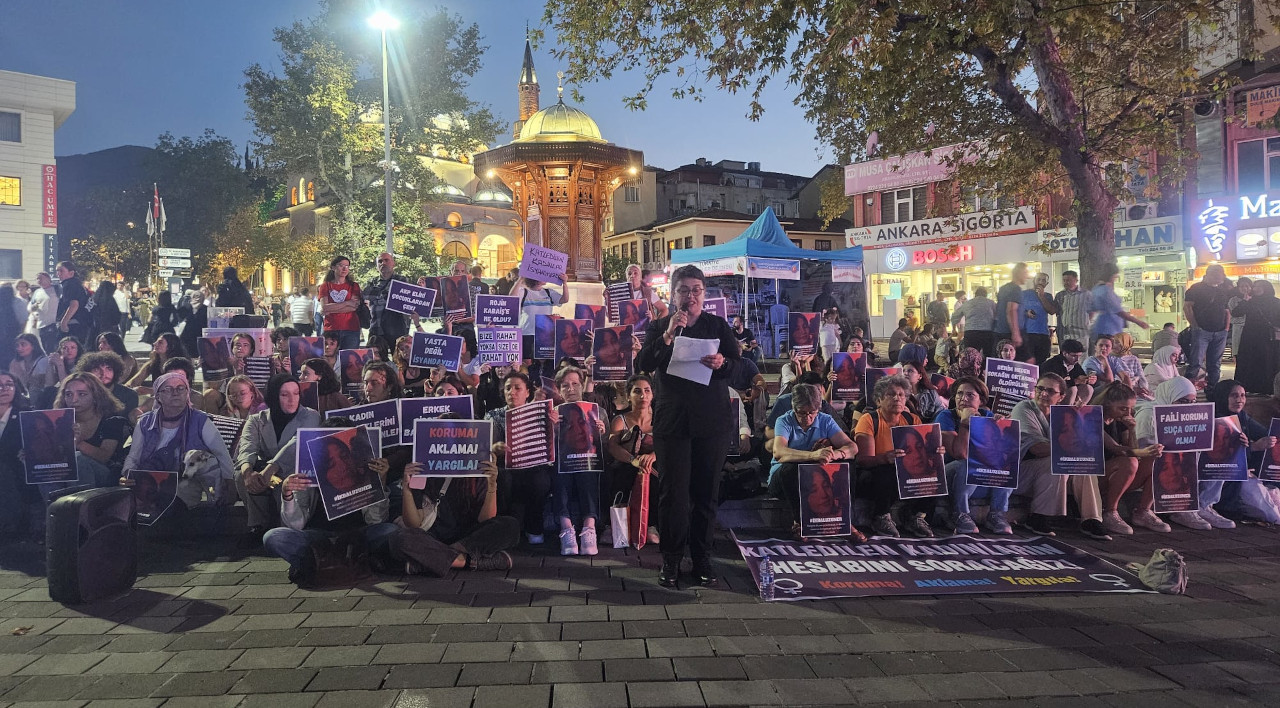
Women’s rights activists protest violence against women in Türkiye
The brutal killings and the Beyoglu incident ignited nationwide protests led by women’s rights organizations, including the “We Will Stop Femicide Platform” (Kadin Cinayetlerini Durduracagiz Platformu).
Demonstrations took place in Istanbul, Mersin, Diyarbakir, and other cities, where activists demanded stronger legal protections for women and better enforcement of existing laws.
In Istanbul, women gathered in front of the Edirnekapi city walls, holding banners that read, “We are not in mourning; we are in rebellion,” and “Women no longer want to see your condolence messages; they want to see you enforcing the law.”
The platform issued a statement saying, “So many femicides are no coincidence but a consequence of impunity. We will hold accountable any official who has neglected their duty.”
Family and Social Services Minister Mahinur Ozdemir Goktas condemned the murders, stating on social media: “We will continue our fight to eradicate violence against women from this land without any ifs or buts, with zero tolerance. Today, everyone whose heart burns is our companion on this path.”
However, activists criticized such statements as insufficient, demanding concrete actions instead of condolences.
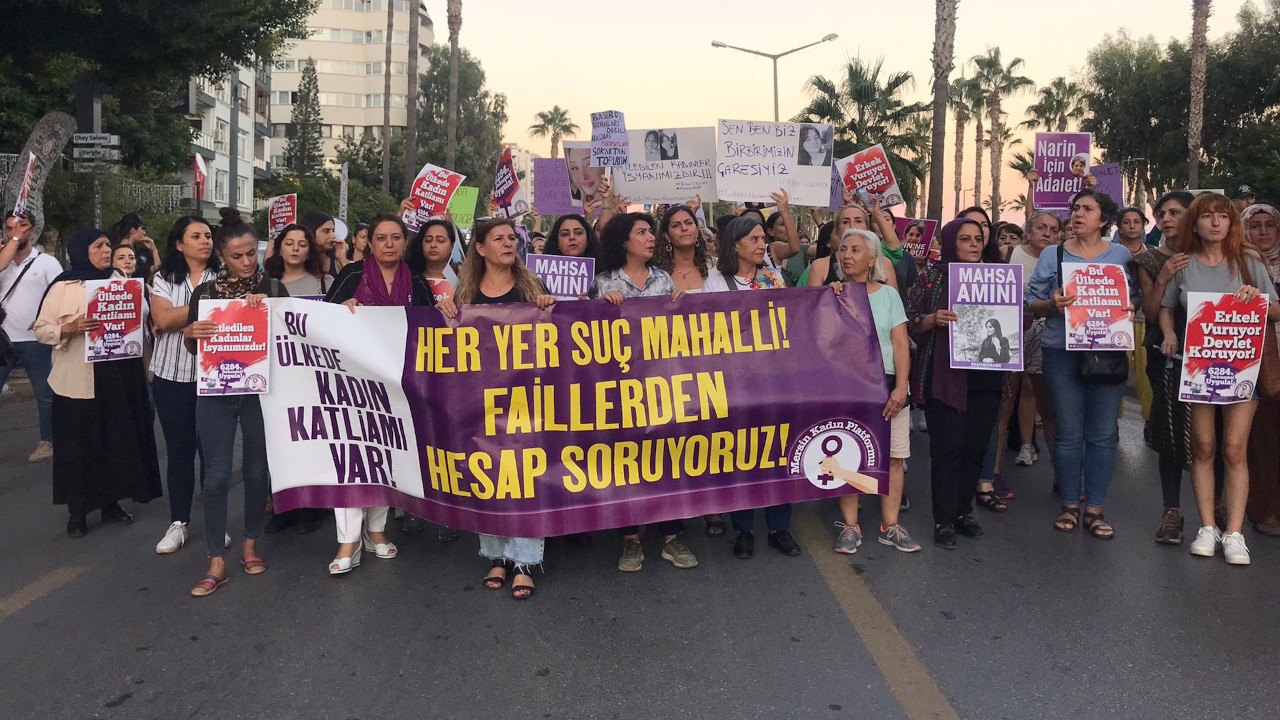
Legal concerns over proposed 9th Judicial Reform Package affecting women’s rights in Türkiye
Amid public outrage over these incidents, attention turned to the government’s proposed 9th Judicial Reform Package. Critics argue that some provisions could weaken protections for women. One controversial aspect is the allowance of appeals against “coercive imprisonment” decisions, which are crucial for enforcing restraining orders under Law 6284 – a key legislation aimed at preventing domestic violence.
Dr. Ezel Buse Sonmezocak from the Women’s Human Rights Association (Kadininsan Haklari Dernegi) commented: “Opening the path to appeal these coercive imprisonment decisions risks nullifying the deterrent effect of the law. This is unacceptable. These changes aim to erode the gains women have made.” She also criticized the proposal for not aligning with a Constitutional Court decision that allows women to use their maiden names after marriage, stating, “It’s shocking that despite the court’s ruling, the old provision is being reinstated.”
Women’s organizations fear that such legal changes could undermine hard-won rights and make it more difficult for women to seek protection and justice. They emphasize the need for laws that empower women rather than restrict their freedoms.
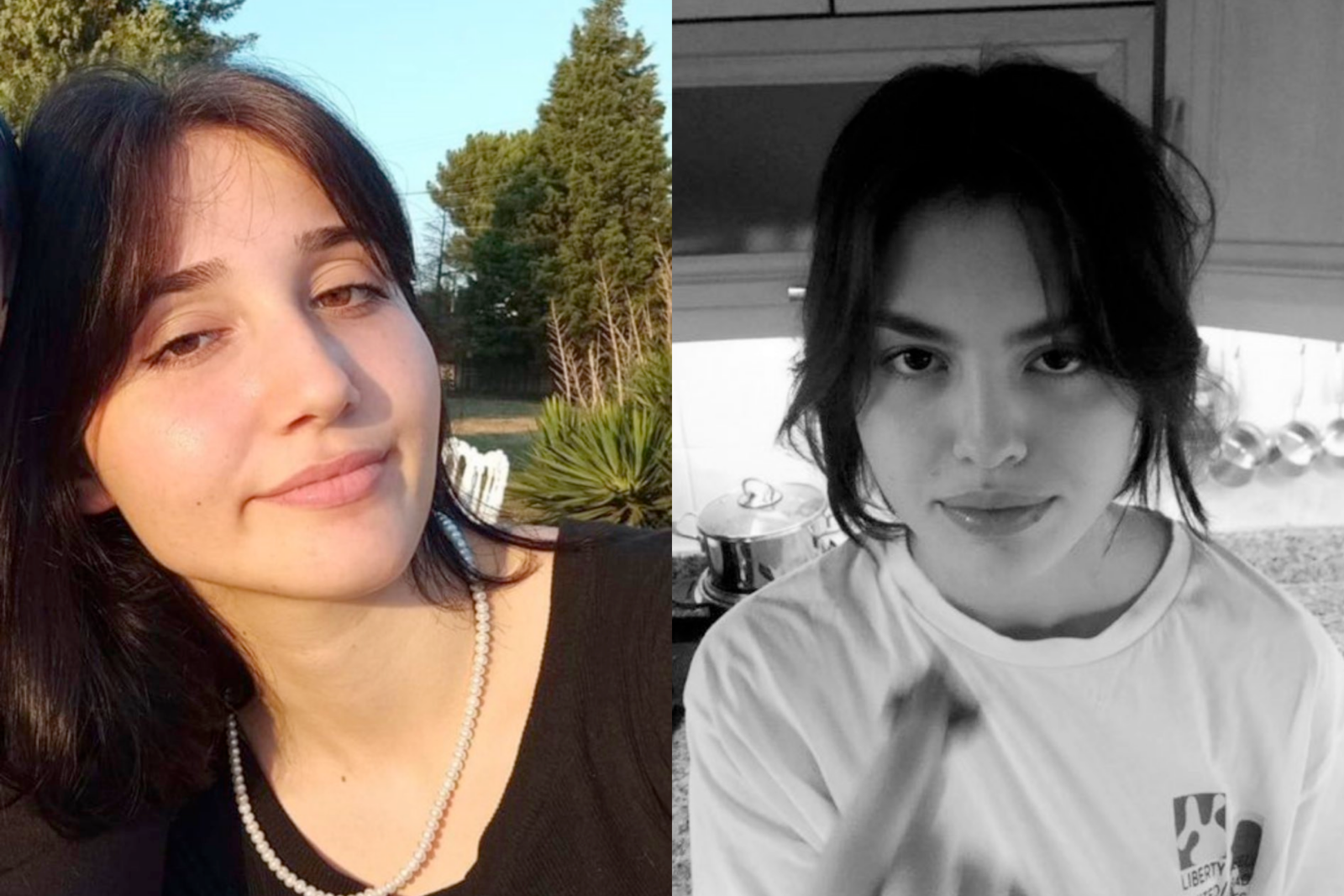
Calls for stricter enforcement, accountability in Türkiye to prevent further violence against women
Activists emphasize that violence against women persists partly because perpetrators often do not face significant consequences. They argue that the lack of strict enforcement of existing laws fosters a culture of impunity, enabling such crimes to continue.
The Mor Cati Women’s Shelter Foundation stated: “Restraining orders are frequently violated without repercussions. There is a kind of impunity at work.”
They highlighted the need for more effective legal deterrents and better protection mechanisms for women.
Protesters are calling for the reinstatement of the Istanbul Convention and the effective implementation of Law 6284. They demand that authorities take tangible steps to protect women, rather than offering condolences after tragedies occur. During demonstrations, activists declared, “We will not stop until we can walk the streets safely.”



